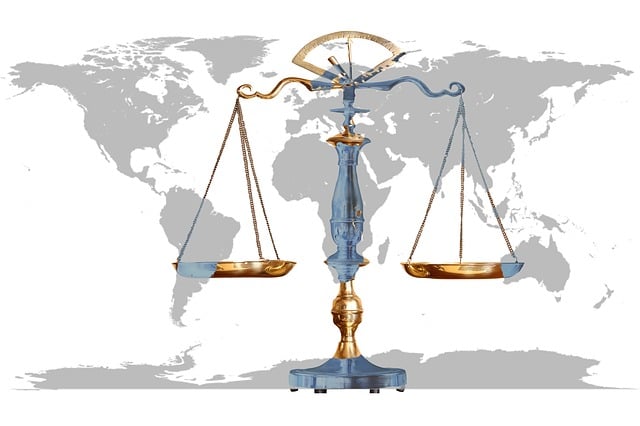Oregon offers a structured approach to resolving estate disputes through its robust legal framework. Residents facing will contests, beneficiary disagreements, or probate issues should consult an experienced estate dispute lawyer in Oregon for guidance through complex probate code and legal options, ensuring fair asset distribution while managing family tensions and legal complexities.
Oregon residents often face complex estate disputes, requiring a deep understanding of the state’s legal framework. This article provides valuable insights into navigating and resolving estate conflicts in Oregon. We explore common types of estate disagreements, from probate disputes to contested wills, offering practical steps for effective resolution. With a focus on local laws and expertise from an Oregon estate dispute lawyer, this guide is your comprehensive resource for handling disputes in Oregon estates. Learn how to navigate the process with confidence and ensure a peaceful resolution.
- Understanding Oregon's Legal Framework for Estate Disputes
- Common Types of Estate Conflicts in Oregon and Their Resolutions
- Navigating the Process: Steps to Effective Estate Conflict Resolution in Oregon with Legal Assistance
Understanding Oregon's Legal Framework for Estate Disputes

Oregon has a well-defined legal framework for resolving estate disputes, which is essential knowledge for residents navigating complex family matters. The state’s probate code outlines a structured process for administering estates and addressing any conflicts that may arise during this sensitive period. When an individual passes away, their estate, including assets, property, and debts, becomes subject to probate, ensuring a transparent and legal distribution of the deceased’s possessions.
Estate disputes in Oregon can involve various issues, such as contesting wills, challenging beneficiaries, or disagreements over estate administration. Resolving these conflicts is crucial to ensure fairness and maintain peace among family members. Residents with pending Oregon estate disputes should consider consulting an experienced estate dispute lawyer who can guide them through the legal system and advocate for their rights.
Common Types of Estate Conflicts in Oregon and Their Resolutions

In Oregon, like in many states, estate disputes can arise from a variety of sources, often involving complex legal and emotional issues. Common types of conflicts include wills contested by beneficiaries, disputes over probate administration, and disagreements about the distribution of assets. These situations can be exacerbated by family dynamics, financial pressures, and differing interpretations of legal documents.
Resolving these Oregon estate disputes requires careful navigation through state laws and regulations governing probate. Options for conflict resolution include mediation, where parties work with a neutral third-party to reach an agreement, and litigation, which involves filing lawsuits in court. Engaging the services of an experienced estate dispute lawyer in Oregon can significantly aid in managing these complex matters, ensuring that all legal avenues are explored to achieve a favorable outcome for clients.
Navigating the Process: Steps to Effective Estate Conflict Resolution in Oregon with Legal Assistance

Navigating the complex landscape of Oregon estate disputes can be daunting for residents. However, with the right legal assistance, effective resolution is achievable. The first step is to consult an experienced estate dispute lawyer in Oregon who understands the state’s probate laws and procedures. This attorney will help you understand your rights, options, and obligations, guiding you through each stage of the process.
They’ll assist in gathering essential documents, identifying interested parties, and determining the appropriate legal strategy. Whether it’s mediating a disagreement among family members or litigating against an executor, having a lawyer by your side ensures that your interests are protected throughout. Their expertise enables them to negotiate settlements, represent you in court, or manage appeals, ultimately aiming to resolve the estate dispute efficiently and with minimal stress for clients.






